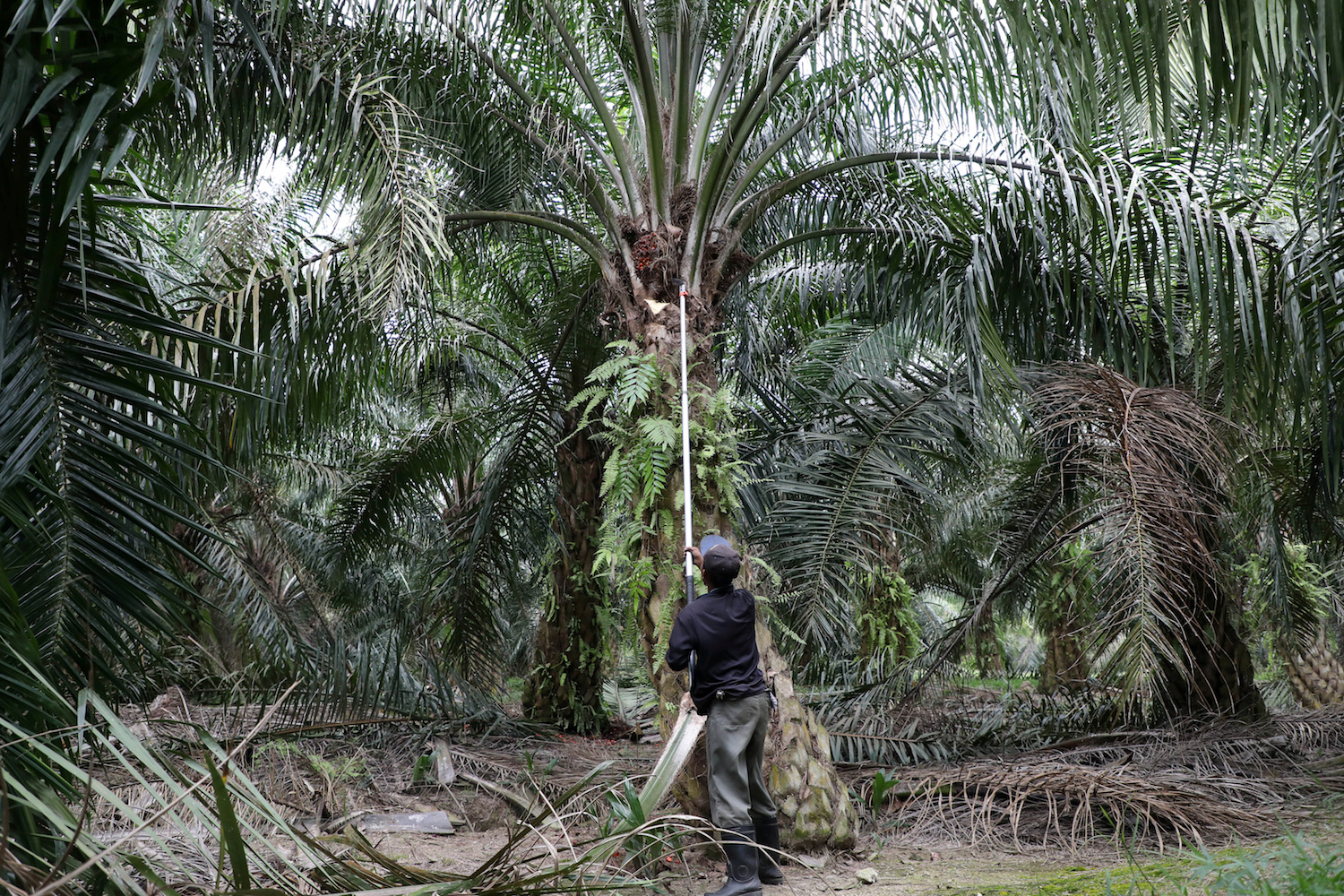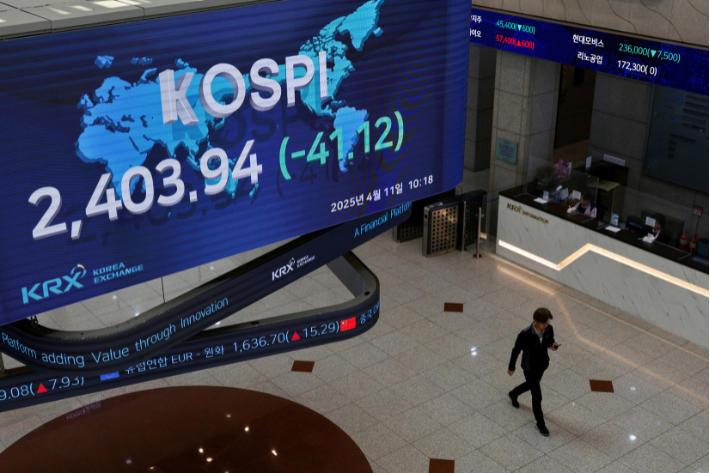Shares in Malaysian palm oil producer FGV Holdings Bhd plunged nearly 10% on Thursday after the United States banned its products over forced labour allegations, a move analysts warned could have a ripple effect across the industry.
US Customs and Border Protection (CBP) issued a ban on imports of FGV’s products on Wednesday after a year-long investigation that the agency alleges showed abuse, deception, physical and sexual violence, intimidation and the keeping of workers’ identity documents.
Shares of the world’s largest crude palm oil producer fell as much as 9.6%, its largest intraday drop in six months.
The US accounts for less than 5% of FGV’s sales and about 3% of palm oil imports from migrant labour-reliant Malaysia, the world’s second-biggest palm producer and exporter. Palm products are used in everyday consumer items as diverse as food to makeup.
But analysts said the CBP’s announcement, which also warned US importers of questionable labour practices in the broader palm oil industry, may have wider implications.
“The concern is that this may lead to other countries or customers of FGV to reassess their purchase of palm oil from the group as a result of concerns about environment, social and corporate governance practices,” Ivy Ng, regional head of plantations research at CGS-CIMB Research, said in a note.
The most direct concern for FGV would be if firms such as US consumer goods company Procter & Gamble, which has a joint venture with FGV, decide to curb their global ties as a result of the US ban.
“There are questions whether Procter & Gamble, other US and multinational big buyers may take a global stance,” said Khor Yu Leng, principal at economic consultancy Segi Enam Advisors.
“The palm oil industry might have to look carefully at what rigorous data evidence it can present to enforcement and policy makers overseas,” she said.
FGV said in a statement on Thursday that it is disappointed with the ban as it has taken “concrete steps” over the past years to uphold labour standards.
FGV vows to cover workers’ travel, medical costs
Specifically, FGV said it has set up orientation centres in Malaysia, Indonesia and India for migrant workers to brief them on the jobs, their rights and benefits. The company has also committed to cover the travel and medical costs of recruiting migrant workers.
FGV said it does not hire refugees and does not retain workers’ passports but does offer safe boxes at its plantations for workers to choose to keep them.
However, there have been outstanding concerns about labour practices at Malaysian palm oil plantations, including FGV’s, since abusive practices were revealed in 2015.
In August 2019, several non-governmental organizations (NGO), including the International Labor Rights Forum, filed a complaint with the CBP asking the agency to ban FGV’s products based on complaints about forced labour and human trafficking at its plantations.
Also, anti-trafficking group Liberty Shared submitted a petition to CBP in April against Sime Darby Plantation for similar allegations.
Sime Darby in July asked the rights group for more information and that it would swiftly address any breaches following a thorough investigation.
(Reporting by Mei Mei Chu, A. Ananthalakshmi and Liz Lee; Editing by Muralikumar Anantharaman and Christian Schmollinger)























